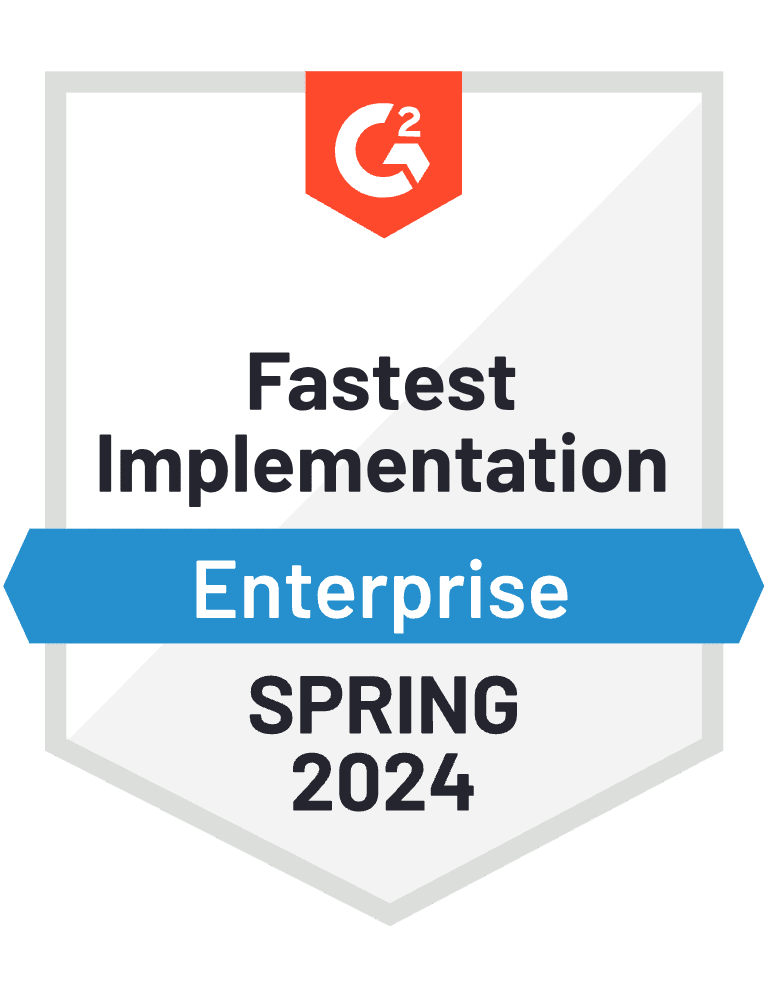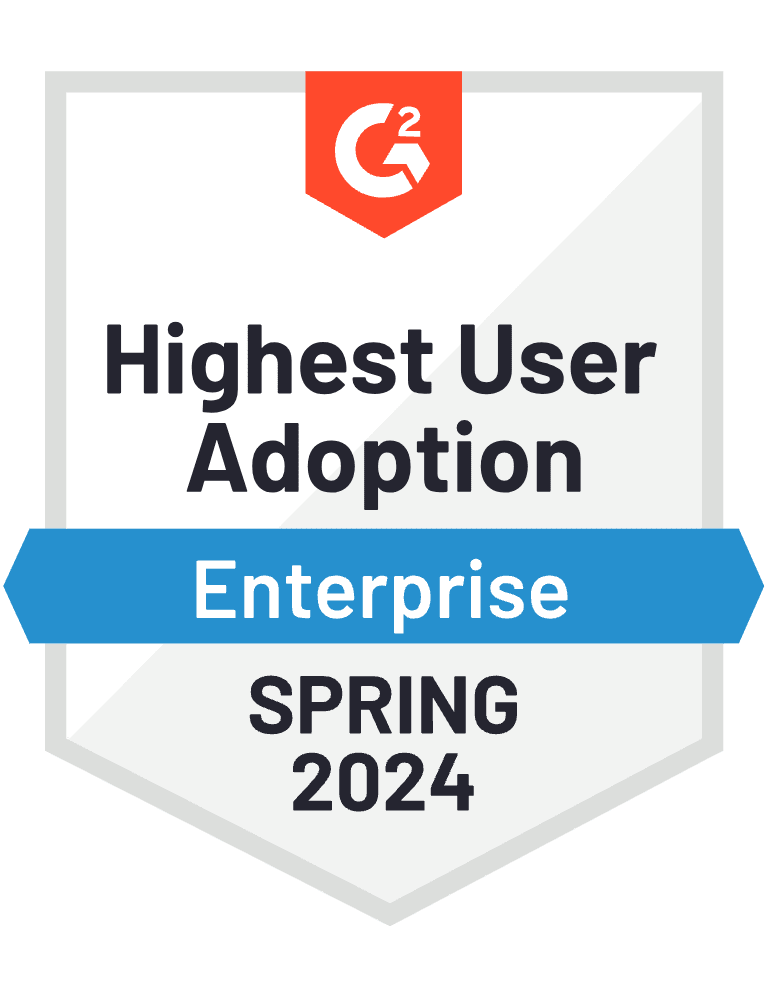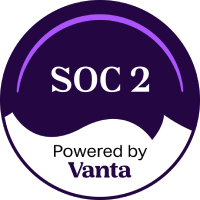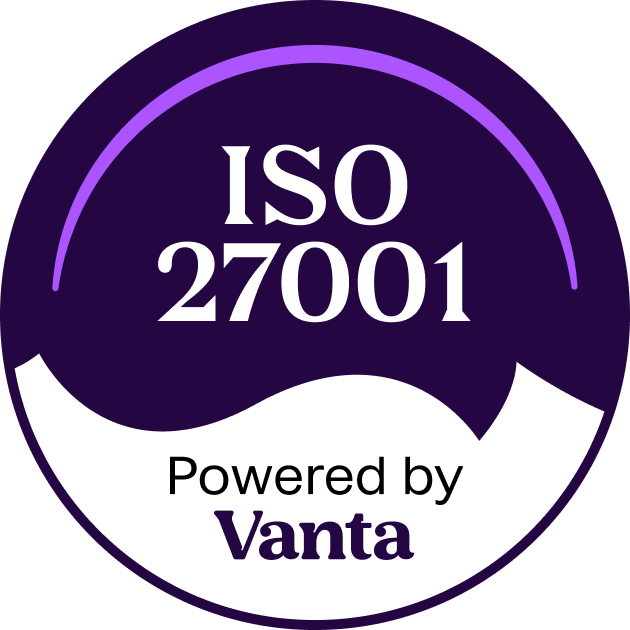Handling RFP (Request for Proposal) and DDQ (Due Diligence Questionnaire) responses, a critical aspect of financial compliance, is often a cumbersome endeavor, especially for RFP managers and compliance officers at finance and investment firms. With the increasing complexity of financial compliance and the demand for detailed investment proposals, responding accurately and on time to RFPs and DDQs is paramount yet challenging.
This comprehensive guide delves into enhancing efficiency in financial proposals, leveraging compliance solutions for financial firms, and utilizing the best RFP solutions and software for finance and DDQ automation tools to streamline these processes.
Centralize Documentation Management
A foundational ingredient for efficient response management is having all relevant documentation, past responses, and compliance solutions easily accessible in a centralized management system. Far too often, teams waste precious time digging through scattered files, past emails, and desktop folders, searching for the information they need.
A dedicated RFP and DDQ management platform, a key RFP solution for investment firms, that stores all historical and current responses, templates, and source content in one secure, cloud-based portal eliminates these productivity drains. Popular proposal software tools like RocketDocs enhance RFP management by enabling easy, enterprise-wide storage and access to all proposal information from a unified interface.
Simplifying DDQ investment processes through such systems becomes a “single source of truth,” ensuring everyone works from the latest materials. Centralized documentation also facilitates collaboration across locations and departments. Compliance and RFP response teams can work in parallel, accessing and contributing to the same up-to-date content repository.
The Benefits of Centralized Documentation Include:
- Eliminates searches through disjointed files and folders
- Provides a unified portal for all response information
- Enforces access to the latest, approved content
- Allows parallel collaboration across teams and locations
- Creates transparency into response workflows and statuses
- Enhances security through controlled permissions
- Facilitates hand-offs as team members join or leave
With everything in one place, teams minimize duplicated efforts, work faster, and ensure consistency. Studies show centralized documentation can improve response efficiency by over 20% with the right RFP software tools.
Streamline Document Creation
The document creation process is often the most labor-intensive and time-consuming aspect of RFP and DDQ management. Responses often run hundreds of pages long and require input from subject matter experts across the organization. Powerful proposal management platforms can automate and accelerate document creation through:
Content Libraries: Instant access to pre-approved response templates, paragraphs, tables, etc., that can be inserted into documents with a click.
Autofill: Automated loading of standard information like company descriptions, addresses, etc., based on set variables.
Answers Database: Central warehouse of historical responses to commonly asked questions that can be quickly repurposed.
Collaborative Editing: Allows multiple reviewers to edit, comment, and approve content in real-time from any location.
Such capabilities minimize repetitive busy work so teams can focus on providing thoughtful and customized responses. They also enforce consistency across all documents, a vital compliance consideration. Remember – the faster quality drafts can be created, the more time can be spent refining and tailoring content.
Advanced creation tools bring additional advantages for investment firms:
- Minimizes repetitive typing and copying/pasting
- Enforces the use of compliant, legally vetted content
- Frees up time for value-added review and revisions
- Improves collaboration and simultaneous editing capabilities
- Reduces risks from scattered version control
According to studies, automating document creation with the right RFP and proposal automation tools can improve RFP response times by over 30%.
Efficient RFP and DDQ Response Management
Efficient RFP and DDQ response management is a cornerstone for financial and investment firms, particularly when maintaining financial compliance and adhering to DDQ best practices. Advanced RFP and DDQ management systems offer more than just time-saving; they provide a strategic advantage in the competitive landscape of financial RFP and investment proposals.
Key aspects of efficient management include:
Proposal Management Solutions for Finance: Utilizing specialized proposal management solutions can significantly enhance the quality and speed of RFP and DDQ submissions. These solutions are tailored to the unique needs of finance firms, ensuring that proposals are compelling and compliant.
Investment RFP and DDQ Software: Dedicated software for managing investment-related RFPs and DDQs streamlines the process of creating, reviewing, and submitting these critical documents. Firms can ensure accuracy and consistency across all submissions by automating key aspects of the process, such as DDQ and RFP automation.
Compliance Management Tools: In the finance sector, compliance is non-negotiable. Utilizing compliance management tools within RFP and DDQ processes ensures adherence to regulations and instills confidence in prospective clients. This includes leveraging financial compliance and DDQ software solutions that align with industry standards.
Streamlining RFP Processes in Finance: A streamlined approach to RFP processes in finance involves integrating and automating various stages of the RFP cycle. This includes everything from initial request analysis to final submission, ensuring a cohesive and efficient process.
Enhancing Efficiency in Financial Proposals: Efficiency is key in creating financial proposals. This involves optimizing every step of the process, from initial data gathering to final review, ensuring that proposals are high quality and delivered in a timely manner.
Automating RFP Responses in Finance: Automation in RFP responses is a game-changer, particularly for finance firms. It reduces the manual workload, speeds up the response process, and enhances accuracy, allowing firms to focus on strategic aspects of proposal management.
By focusing on these areas, finance and investment firms can dramatically improve their RFP and DDQ response management, leading to better outcomes and stronger client relationships. Such an approach streamlines the process and aligns it with the latest compliance requirements and industry best practices.
Refine Processes for Responding to Follow-Ups
The initial RFP or DDQ submission is rarely the end of the process. Clarification questions and additional due diligence requests from prospective clients are expected. Turning around thorough yet concise follow-up responses quickly is crucial.
Set up predefined workflows within the response management system to route follow-up requests to the right reviewers efficiently. Features like automated notifications and task assignments are invaluable here.
Equip reviewers with efficient DDQ response strategies and leverage DDQ response automation for compliance to address follow-ups rapidly. Synchronize related materials through dynamic links and tags.
Build a dedicated FAQ-style knowledge base over time for commonly asked follow-up questions. This loads directly into future responses, bypassing the need to rewrite answers. The more follow-ups can be systematized, the easier it becomes to respond accurately at scale under tight timelines.
Efficient follow-up management brings multiple advantages for investment firms:
- Accelerates turnaround times for additional due diligence requests
- Enforces consistency with original submission
- Eliminates redundant efforts through automated tools
- Builds efficiencies over time by capturing common follow-up Q&A
- Enhances compliance by working from a single system record
Experts recommend investing in streamlining follow-up response capabilities for significant long-term productivity gains.
Monitor and Optimize the Process
An efficient, well-oiled response process cannot be set up overnight. It requires ongoing monitoring and optimization based on results. Robust RFP and DDQ platforms provide user analytics on response times, bottlenecks, reuse of materials, and more. Study these metrics to identify issues and opportunities.
Are reviewers in one department consistently late in submitting feedback? Is certain content frequently flagged for improvements? What types of questions get asked most often in follow-ups?
Address these insights with targeted solutions – perhaps it involves training, updating templates, or assigning more resources to overloaded teams. Regularly refresh workflows and content based on user analytics. Ongoing process analysis and improvement are instrumental in scaling response capabilities and meeting deadlines reliably.
Key benefits of monitoring and optimizing response processes include:
- Identifies workflow bottlenecks and issues
- Highlights opportunities to improve review turnaround times
- Provides data to refine processes and assignments
- Maximizes reuse of approved content
- Informs training needs across teams
- Ensures scaling as response volume grows
Leading enterprises devote resources to continuously honing their response management protocols based on real-world data and results.
Overcoming Common Challenges:
Despite best practices, organizations often encounter hurdles in streamlining RFP and DDQ response management. Being aware of common challenges is essential in overcoming them.
Siloed Teams and Information: Critical information gets scattered across siloed teams when processes are managed through email and file shares. This fragmentation slows responses as vital data is hard to find and consolidate. Integrating platforms and workflows across departments promotes seamless collaboration regardless of structure or geography.
Lack of Universal Protocols: Inconsistent documented protocols lead to delays, errors, and redundancies—Institute centralized standards for methodology, template usage, reviews, and more to align all stakeholders.
Content Gaps: Gaps in pre-approved content libraries hinder response automation, leaving teams to create materials from scratch. Identify response areas with scarce content and prioritize building out associated libraries.
Limited Automation: Manual repetitive tasks are a drain on productivity and accuracy. Evaluate where automation tools can most impact workflows, from data loading to notifications.
Absence of Process Analytics: Improving what is not measured is tough—lockdown methods to capture response metrics across teams. Analyze them regularly to spot bottlenecks.
Insufficient Collaboration: Disconnected systems and limited permissions impede enterprise-wide collaboration. Open up permissions and integrate platforms to foster seamless file sharing and simultaneous document editing.
Addressing these common challenges head-on is essential to streamline response workflows over the long term.
The Path Forward:
Structured RFP and DDQ response management should be a priority for leaders at finance and investment firms. Efficient and timely responses build trust and competitive advantage. Leveraging solutions like RocketDocs, which pioneered Collaborative Response Management, can accelerate document turnaround by over 90% while enhancing consistency, scalability, and governance.
However, technology alone is not the answer. Organizations must invest in centralized processes, continuous optimization, and cross-team integration to reap the full benefits of compliance tools and solutions.
The payoff for getting RFP and DDQ response management right is immense — from cost savings and reduced risks to improved client satisfaction and loyalty. As margins tighten and scrutiny rises, efficiency and accuracy in due diligence processes will grow more crucial.
With strategies like automating RFP responses in finance and leveraging compliance solutions for financial firms, firms can gain a competitive edge through streamlined RFP and DDQ response management. The future belongs to those who leverage compliance management solutions to work smarter, respond faster, and build trust.









